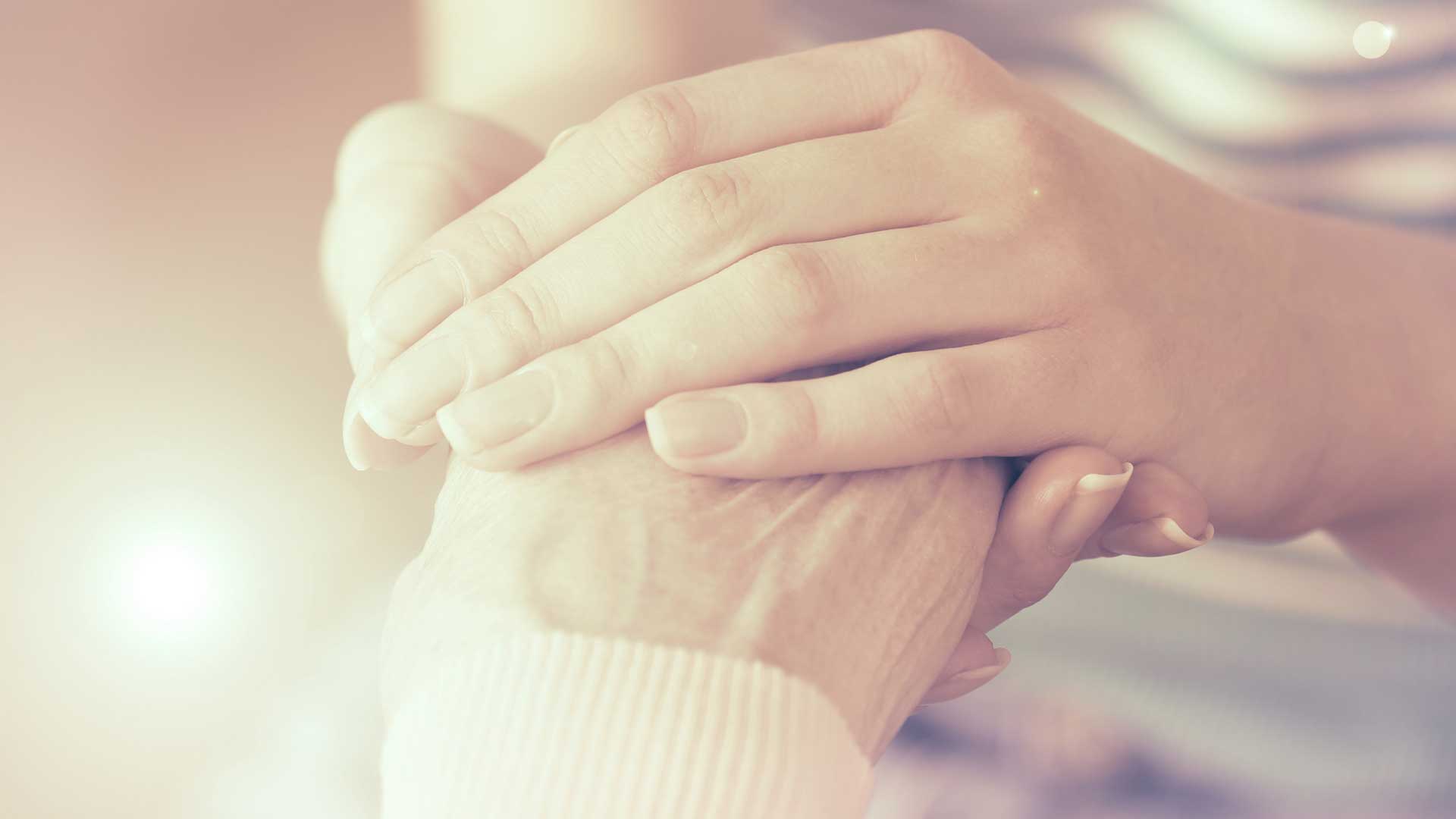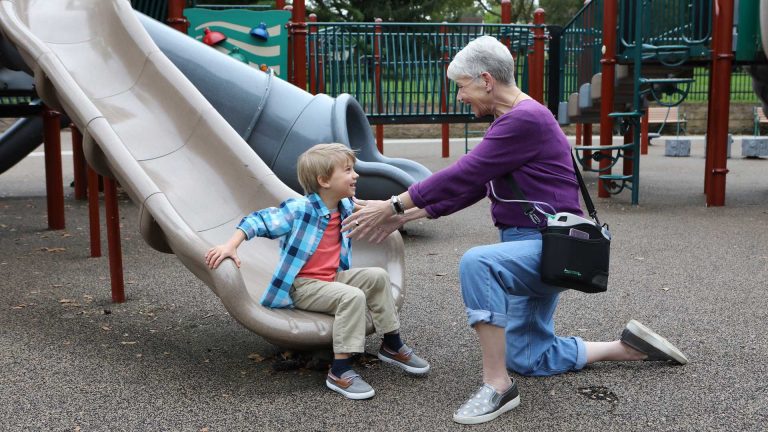Practicing Self-Care while Caring for Others
Self-care is important. Caregivers are often so focused on their loved one’s needs and well-being that they dismiss their own needs. It’s not easy to balance your needs when you are taking care of someone with a chronic illness such as lung cancer or COPD, because their situation seems more dire. However, by taking care of your own health, you can ensure you will remain healthy and strong, and in return, be a better caregiver for your loved one. In this article, we will focus on the caregivers and provide helpful tips for practicing self-care while caring for others.
Stay Health
Self-care is often overlooked, but it is very important to our overall well-being. No one can advocate for yourself better than you can. As a caregiver you might feel guilty or selfish for taking some time to yourself, but remember that to be strong enough to care for a sick loved one, you must first be in good health yourself.
Exercise: Make time for a daily work out. Exercise improves mood, helps combat health conditions, and even promotes better sleep. Join a class that will allow you to work out and stay social. If you don’t have the time to leave home for too long, start a small home gym, or opt for a lengthy walk around the neighborhood.
Eat Healthy: To ensure you get proper nutrition and have the energy levels you need for caregiving, eat healthy. A good nutritious diet will help maintain your immune system, give you energy, and reduce your risk of getting a chronic disease.
Lean on Others: Don’t try to do it all alone. Friends, family members, neighbors probably want to help but may not be sure how to. Lean on others when you need a break from caregiving. Ask people willing to help to drop off meals, help you run errands, or sit in with your loved one while you take some time to yourself. Even if you just lean on others for moral support. Find support groups that work for you. Being a caregiver can be very emotionally draining. Speaking to someone about how you are feeling can really help.
Acknowledge Your Feelings
There is an emotional side to caregiving that most caregivers fear discussing or even acknowledging themselves. According to caregiver.org, not paying attention to your feelings can lead to poor sleep, illness, trouble coping, stress eating, substance abuse, and more.
Guilt is a common emotion for caregivers. You feel as if you could have done more to prevent your loved one from this pain. Or you might feel guilty for becoming impatient with your care receiver. You might even feel guilty for feeling disgust towards your loved one. Helping someone go to the bathroom can be too intimate for some or cleaning up vomit can cause your stomach to turn as well. You might feel resentment towards the situation or other family members that you feel aren’t doing enough to help. Mainly, you might feel exhausted, and scared to leave your loved one’s sight! All these feelings that you might brush off at first will persist the longer you are a caregiver, and these little things can become big when you start to feel unappreciated for everything you do. It is ok and perfectly normal to have these feelings and acknowledge them in order to better cope.
Caring for a loved one can be a taxing situation. It is important to balance your needs and well-being along with your loved one’s care. You cannot take care of them if you do not take care of yourself first. Accept offers of help and utilize resources to achieve the ideal balance between self-care and caregiver.






